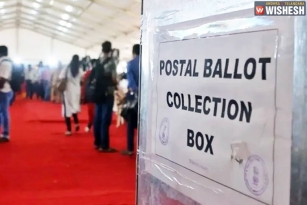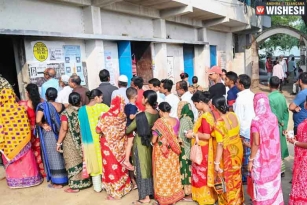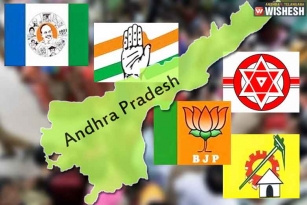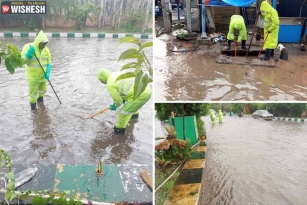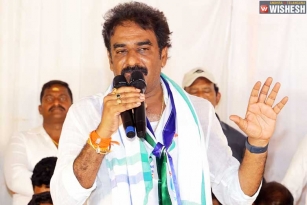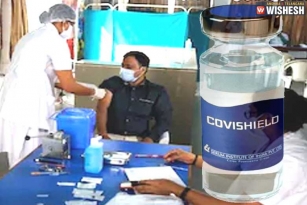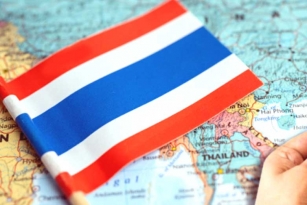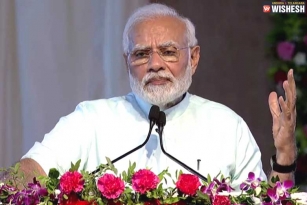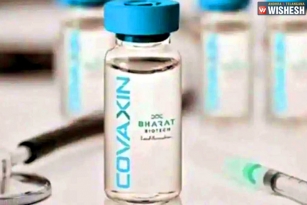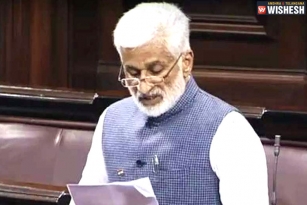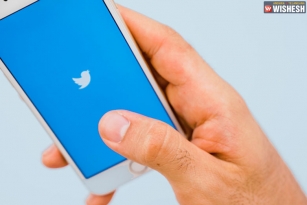Jal Jeevan Mission: Govt to Spend Rs. 3.6 Lakh Crore for Tap Water Connections to Every Household
September 24, 2020 15:54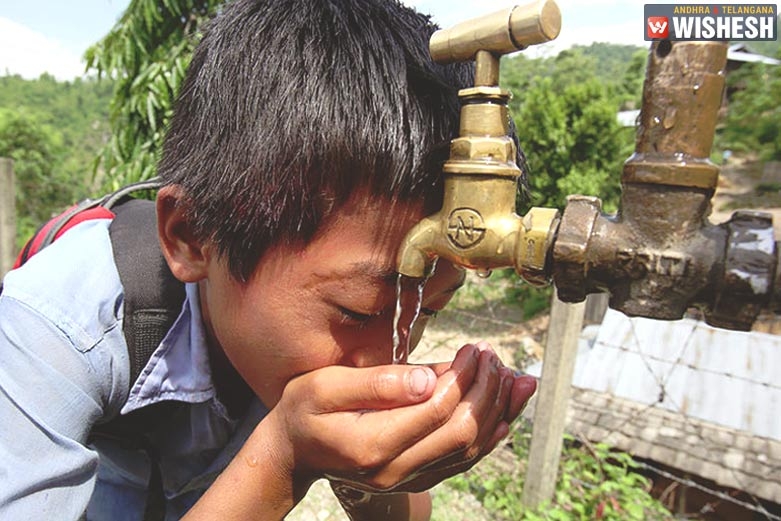
More than 200,000 people in India die due to lack of access to safe water and 50% of the population has no access to safe drinking water.
Indian government is all set to resolve the major water crisis that the population of the country is facing, as a part of the Jal Jeevan Mission.
For this purpose, the central government has constituted the India Smart Water Tech series where the government has decided to spend Rs. 3.6 lakh crore to provide tap water connections to every household across India by 2024.
As a part of the India Smart Water Tech series, the first webinar has been held on Wednesday where the officials discussed the key issues like non-revenue water and smart water metering.
An official from the ministry of Jal Shakti, Upendra Singh said that ensuring reliable and safe water supply to every household has become imperative due to the ongoing COVID-19 pandemic.
The coronavirus pandemic, in fact, is making the water crisis even problematic, as 82 percent of the households do not have a water supply and don’t carry the privilege to wash their hands and stay hydrated, which is a must to prevent COVID-19.
Over 75% of the households in India do not have clean drinking water and the chemicals in the contaminated water have put the wellness of 1.96 million households at stake.
To mitigate this, the officials in the webinar added that reforms in water supply must be brought and water sanitization must become a priority.
The team in the webinar has discussed that at present, in urban areas, more than 50 million people in 15 cities have no access to safe and affordable drinking water.
The water quality association of India too admitted that different filters must be used to purify different water supplies in the country and said that the access to safe water is not a one-time job.
The most important tracking factor, however, remains the TDS level. High TDS level in the water is leading to 40% of the water-borne diseases in the country.
To curb the water-borne diseases that are prevalent in India, every household needs the best water purifiers with TDS controllers, considering the pandemic.
In a scenario where not everyone can afford the purifiers, PM Modi has come up with a plan to provide piped potable water for every household by 2024.
However, until then, water in India needs purification at some or the other level considering the COVID pandemic and its effects, according to the officials of Jal Shakti ministry.
The Indian government is also in a plan to innovate the right tools and technologies to make the water management systems more efficient. The officials say that the focus is turning towards digitalization too.
New water purification technologies like auto-maintenance systems are the future.
Even if the Modi government brings out piped potable water, the safety of the drinking water will always remain a concern.
Indian startups have already started deploying IoT technology, sensors, and other data-driven methods to solve the problems of contaminated and impure water supplies.
With IoT technology, experts hope that the input water quality and the filter-use can be tracked in real-time to assure safe drinking water.
However, it is the responsibility of the individual governments to ensure that these technologies reach even rural areas and protect them from adverse water-borne diseases.
India is currently facing one of the world’s worst national water crisis and it’s high time that the central and state governments acted on it.
For more information on how to purchase any home appliance including a water purifier, check out https://www.homegamut.in/ where detailed research is carried out on every product to ensure you end up purchasing the best appliance.
- By Gayatri Yellayi


